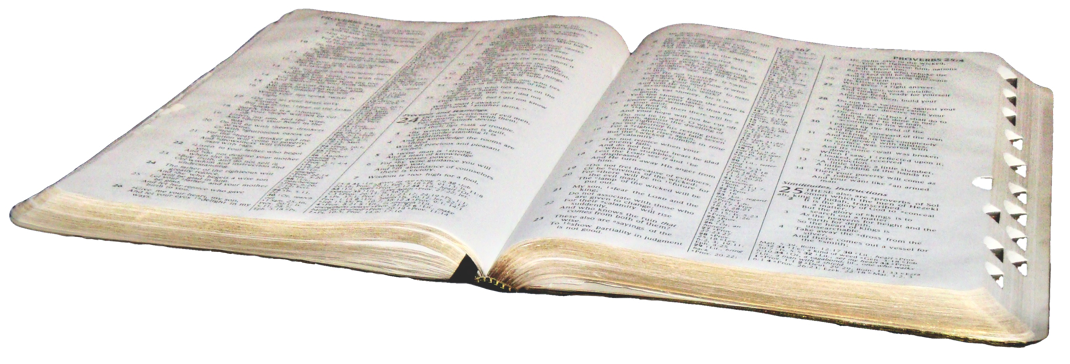
Bein' a Berean
…outside the box but inside God's Word...



The solution for sin in the Old Covenant (OC) was via the atonement, through the blood sacrifice of an animal. This represented a payment which covered the debt, the sins, and every sin committed. The Hebrew word for atonement (katallagē) means “to cover or coat” and is the same word used to describe the pitch that covered Noah’s barge and Moses’ basket. This covering needed regular maintenance touch-ups since this sacrifice covered the sins, it had no solution for the tendency to sin because of the sin nature.
The word atonement is not used in the New Testament, or New Covenant, although it does appear in the King James Version for the Greek word katallagē in Romans 5:11. As attested to in all other versions the word is better translated as reconciliation, or more literally as exchange.
katallagē ... an exchange; reconciliation, restoration to favor1
...we shall be saved by His life. And not only this, but we also exult in God through our Lord Jesus Christ, through whom we have now received the [exchange]. Romans 5:10-11
This describes the wonder and the beauty of the New Covenant.
Jesus did not only pay the price of our sins, he exchanged natures with us. He took, at our request, our sin nature and gave to us His holiness—an exchange—in the person of the Spirit of Holiness.
This Greek word for exchange was often associated with the work of money-changers, where they exchanged coins of different denominations or nations, value for value.
Although there is a permanence to this exchange with Jesus on God’s part, it is conditional on our part. The assurance of permanence we find in Hebrews:
By this will we have been sanctified through the offering of the body of Jesus Christ once for all. Hebrews 10:10
Evidence of a condition is found in the verses following the Lord’s prayer, where Jesus says:
"For if you forgive others for their transgressions, your heavenly Father will also forgive you. "But if you do not forgive others, then your Father will not forgive your transgressions. Matthew 6:14-15
Because we’ve received, as a free exchange, Jesus’ holiness, we are required to walk as he walked. Herein lies the catch. That holiness requires that we walk in continuous forgiveness of all others. When we don’t forgive others we can negate the exchange. The exchange is continuous as well.
And do not get drunk with wine, for that is dissipation, but be filled with the Spirit, Ephesians 5:18
The words “be filled” in this verse are better translated as “be being filled” meaning be continuously filled with the Spirit of Holiness—the continuous and progressive exchange of natures.
Walking in forgiveness toward others ensures we continue to walk in His holiness and enjoy the subsequent benefits. When we withhold forgiveness from others we block His holiness in us.
Footnotes:
This website makes use of cookies. Please see our privacy policy for details.